Festival director sees power of partnerships
Founding director of Zanzibar’s Sauti za Busara festival Yusuf Mahmoud has a gentle handshake that lasts a few seconds longer than a handshake typically would. His hand matches the tone and tempo of his speech: soft yet reassuring, assertive yet unpretentious.
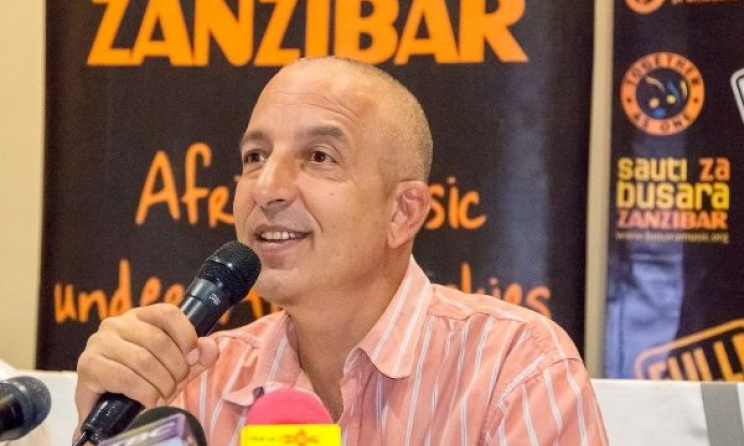 Yusuf Mahmoud has worked hard to bring back the Sauti za Busara festival.
Yusuf Mahmoud has worked hard to bring back the Sauti za Busara festival.
One imagines that this handshake has played an important role to bring the festival, dormant in 2016 because of lack of funding, back to life. Mahmoud and the Busara Promotions team he leads had to channel their verve differently last year, focusing more on establishing partnerships and securing sponsorship than they had done in the past.
“I can say it’s very time consuming, very exhausting and if we chase 100 companies we might get one response,” Mahmoud said. "But that one positive response may take even six months to actually get a signature on the dotted line through just repeated emails, phone calls, meetings and it’s not been easy.”
Although the mix of sponsors at the 2017 iteration of the festival is a promising combination of private companies and mostly European not-for-profits, Mahmoud says he and his team are still contending with lackadaisical support from the government and private companies. He has shaken on only two longer-term sponsorship deals – one with Ikala Lodge, which will provide accommodation for the next five years, and the other with the Swiss Agency for Development and Cooperation, which has thrown three years of funding at Busara Promotions’ training and networking initiatives.
Sponsors have helped the festival find its feet but partnerships, both new and longstanding, have allowed it to put one foot in front of the other. Music In Africa, under the leadership of Eddie Hatitye, is a longstanding media partner similarly committed to music development in Africa.
“The Music In Africa Foundation and the Sauti za Busara festival share a mutual vision to support the music of Africa and the professionals behind it,” Hatitye said. “This year’s edition is definitely one of the best. We are proud to have been involved in promoting it across the continent as a media partner.”
The hands of time are a complication for any festival that runs multiple stages. But Sauti za Busara 2017 ran like clockwork, with only a few minutes lost and regained throughout the four days of entertainment.
For a number of years, the festival has been training a production team made up mainly of Zanzibari and mainland Tanzanians. In the past, this involved bringing in professionals from around the globe to train the team in the days leading up to the festival as well as during the festival. In 2016 and 2017, partnerships that involved similar training and additional exchange programmes with Bushfire Festival in Swaziland, Harare International Festival of the Arts in Zimbabwe and the Oslo World Music Festival in Norway have raised the level of production professionalism by several notches.
“Of course for all of us in the arts sector the major challenge is how to pay for these things,” Mahmoud said. “So in terms of the skills training, our focus, because of the reason of the shortage of funds, is to focus primarily on Zanzibar and Tanzania and possibly Uganda, Kenya – East Africa.”
Sauti za Busara’s other long-standing partner, the Dhow Countries Music Academy (DCMA), has revelled in the addition of more stages for the 2017 festival. The DCMA is the only institution on the island actively teaching different types of traditional and Western music. The additional stages have given more DCMA music projects an opportunity to perform at the festival, exposing them to local and international audiences and giving them coveted stage time.
Mahmoud’s handshake seal deals and agreements with business and not-for-profits alike. But those few extra seconds he holds on hint at the promise of what could be: hands held in partnership instead of in sponsorship.
















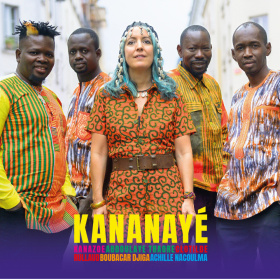







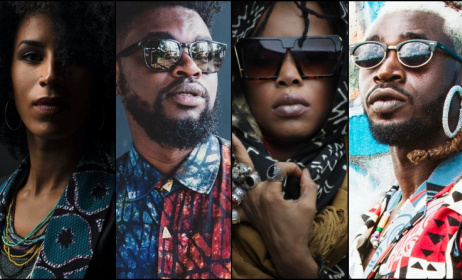

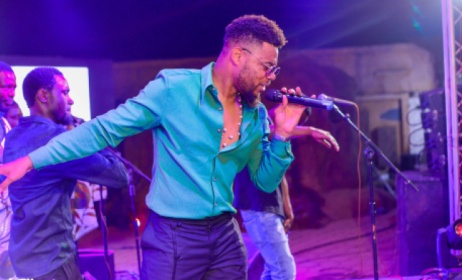


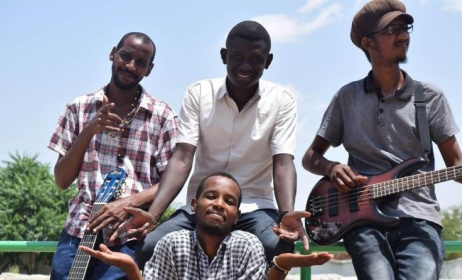
Commentaires
s'identifier or register to post comments